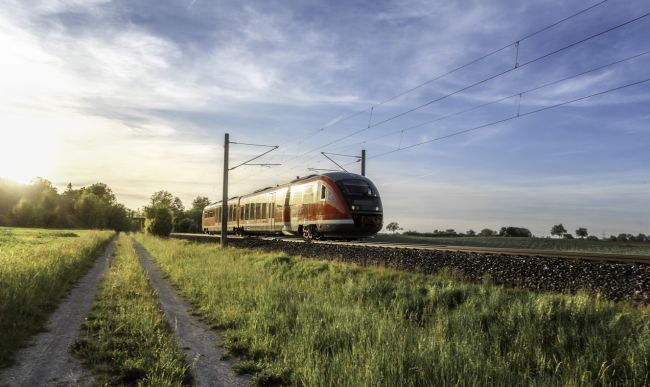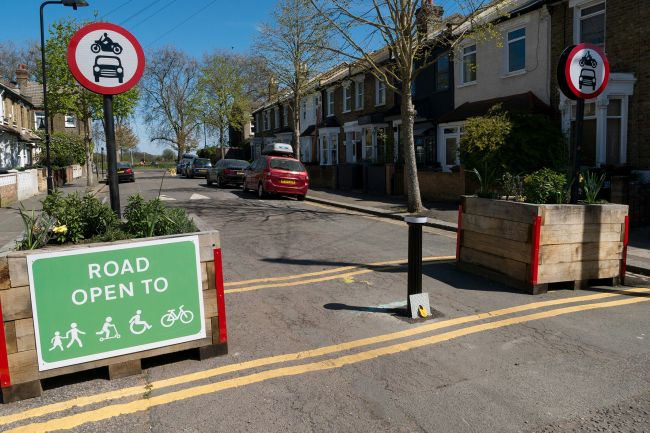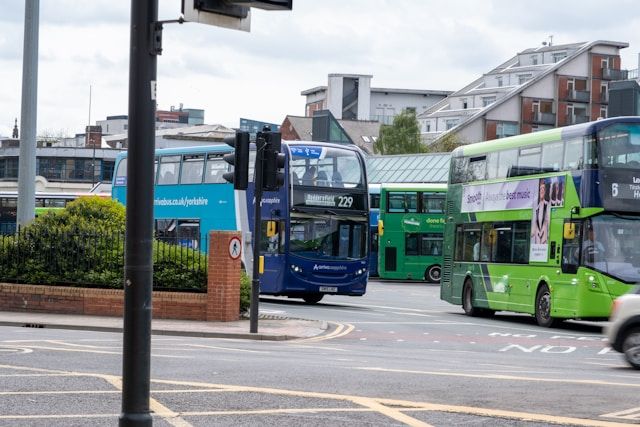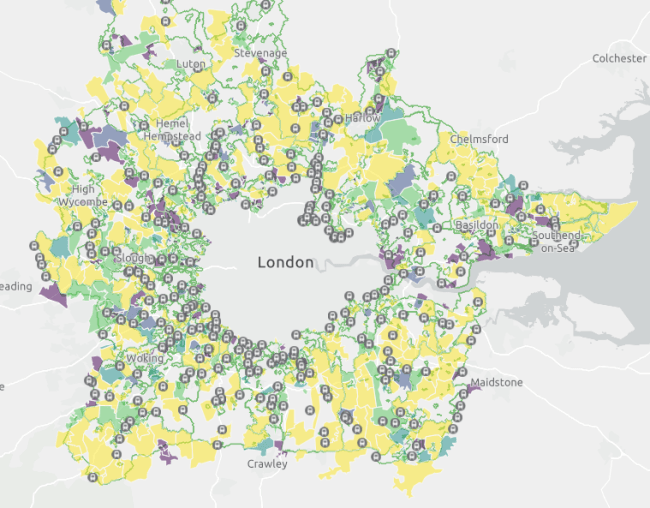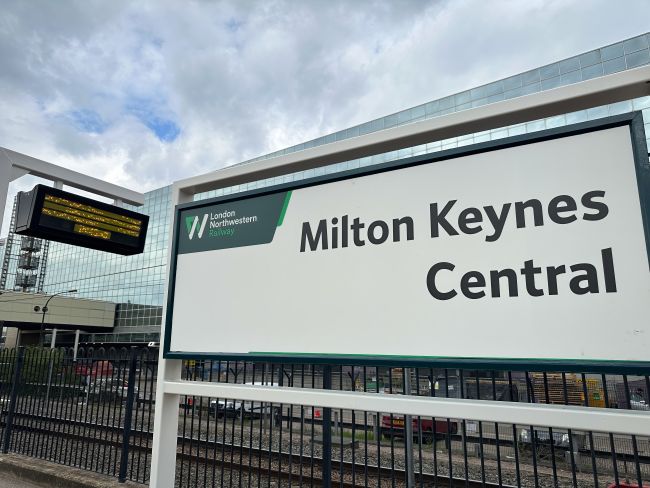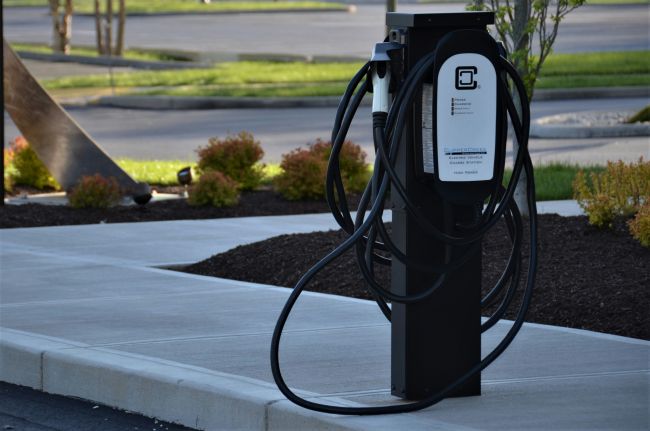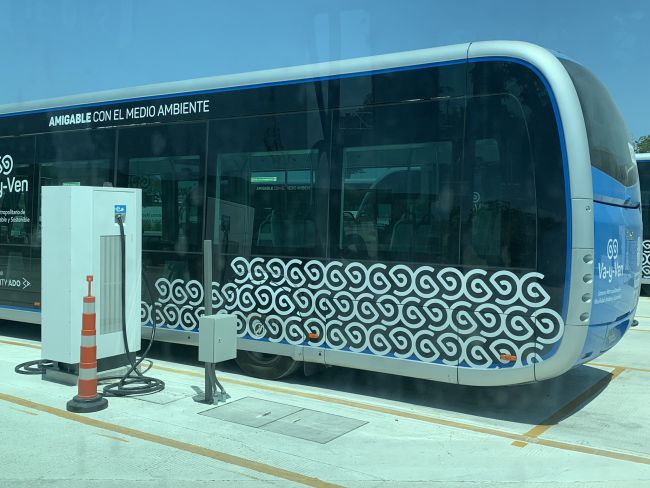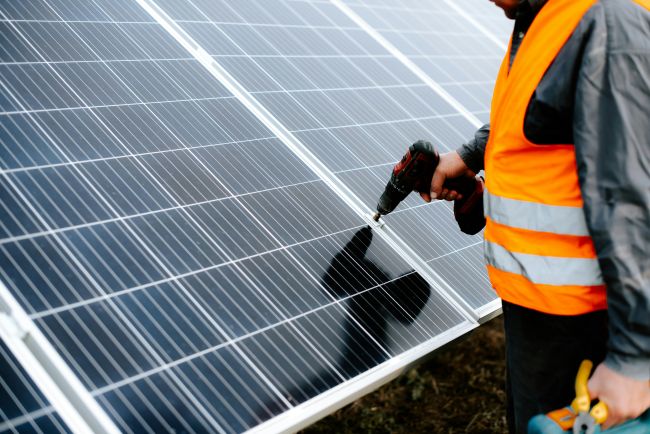The King’s Speech: Our key takeaways on planning, transport and the energy transition
King Charles sets out the new Labour Government’s legislative agenda which intends to ‘take the brakes off Britain’.
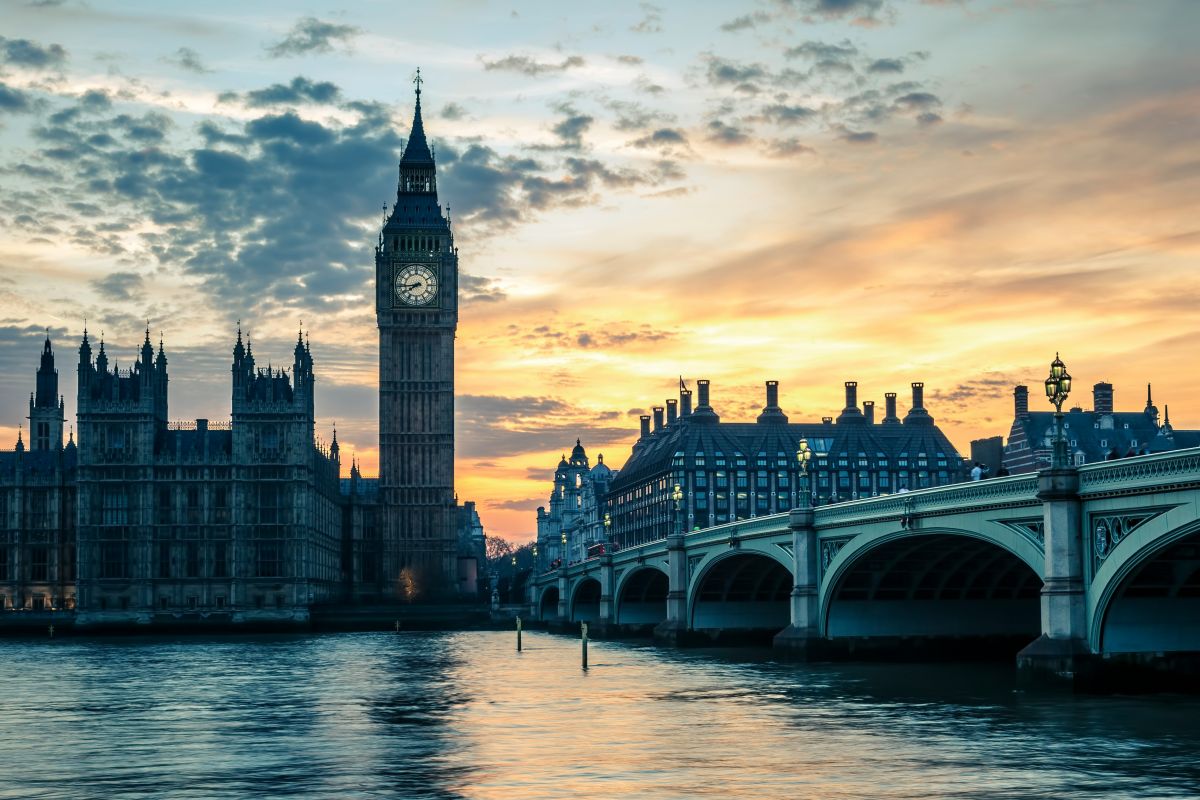
- Planning and Infrastructure Bill to streamline infrastructure development
- English Devolution Bill will turbocharge regional development
- Greater public control on rail and bus
- The Crown Estate Bill to quadruple offshore wind
At the state opening of parliament yesterday, King Charles set out the new Labour Government’s legislative agenda which, by the description of Prime Minister Keir Starmer, intends to ‘take the brakes off Britain’.
With Labour’s campaign so focused on economic growth it is unsurprising that headline commitments were made on Budget Responsibility Bill and National Wealth Fund Bill, the former ensuring sound government financial decisions and the latter promising £7.3 billion of public investment to stimulate the economy, the Net Zero transition and mobilise private money.
Other legislation like Pension Schemes Bill will indirectly encourage pension funds to invest the £158 billion held in Defined Contribution (Trust) schemes and £1.4 trillion held in Defined Benefit schemes, while the niche-sounding Audit Reform and Corporate Governance Bill and Product Safety and Metrology Bill also intended to enhance the UK’s reputation, improve standards and attract business.
Behind the numbers however there are key areas in which the King’s Speech (which contained 40 bills overall) confirmed the Government’s commitment to reshaping the UK’s transport, industrial, governance and local landscape.
Here are our key takeaways.
Turbocharged devolution for a new era of local governance

The OECD has said that if UK cities were given the same level of autonomy as Helsinki, Finland, then ‘productivity across all cities would increase by 12% on average’.
The English Devolution Bill is set to make the devolving of powers to local areas more flexible and easier to achieve. Driving economic growth is of course a key concern with local leaders to be given power over employment support and skills as well as strategic planning. Local Growth Plans will also be required of leaders to boost their economies and refocus on a bottom-up approach to growth for the approximately 50% of the UK population that live in devolved regions.
We'll be speaking to Maria Machancoses, CEO of Midlands Connect in our "Devolution in 30 minutes" session on Wed 24 Jul, 11.30am, about the impact greater mayoral powers will have on existing and future transport projects. Find out more and register here.
Transport to drive growth by coming under public control

As part of the devolution drive greater control over key transport assets will go to local authorities in the form of bus network franchising. The Better Buses Bill will allow all local authorities to explore franchising (an option currently only open to Metro Mayors), accelerating the process and supporting public ownership. Citing buses as ‘the life blood of communities’ the bill is also set to include measures that will hold private bus operators to account, ending the ‘postcode lottery’ of bus services across the country with routes having halved since 2010.
Hear more on this subject at our live conversation with Simon Warburton, Executive Director of Transport at West Yorkshire Combined Authority on Thu 1 Aug, 2.00pm, where we'll be discussing 'The future of fares, funding & franchising'. Find out more and register here.
Meanwhile, a raft of bills aim to change the face of rail over the coming years. The Passenger Railway Services (Public Ownership) Bill is the landmark law that will begin the process of bringing rail under public ownership while the Railways bill aims to create a unified rail system under the control of one body, Great British Railways (GBR). The benefits of this policy, Labour say, can already be seen in the surplus returned to the government by LNER and the improved cancellation score of TransPennine Trains.
Passengers will benefit from a simplified fare system and new passenger watchdog while private operators can still participate via open access. While HS2 does not appear in the speech the High-Speed Rail (Crewe to Manchester) Bill is geared up to improve East – West connectivity in the North of England.
We'll be speaking to Howard Smith OBE, Chief Operating Officer for London Rail on Tue 6 Aug, 2.00pm to weigh in on 'Rail renationalisation, reform & revival". Find out more and register here.
Equally, don't miss our 'Transport policy in 30 minutes' event with Tom Cohen, Reader of Transport Policy at University of Westminster on Thu 1 Aug, 11.30am, where we'll be in conversation about the possibility of 'Building a National Transport Strategy'. Find out more and register here.
Making the UK a clean energy superpower?
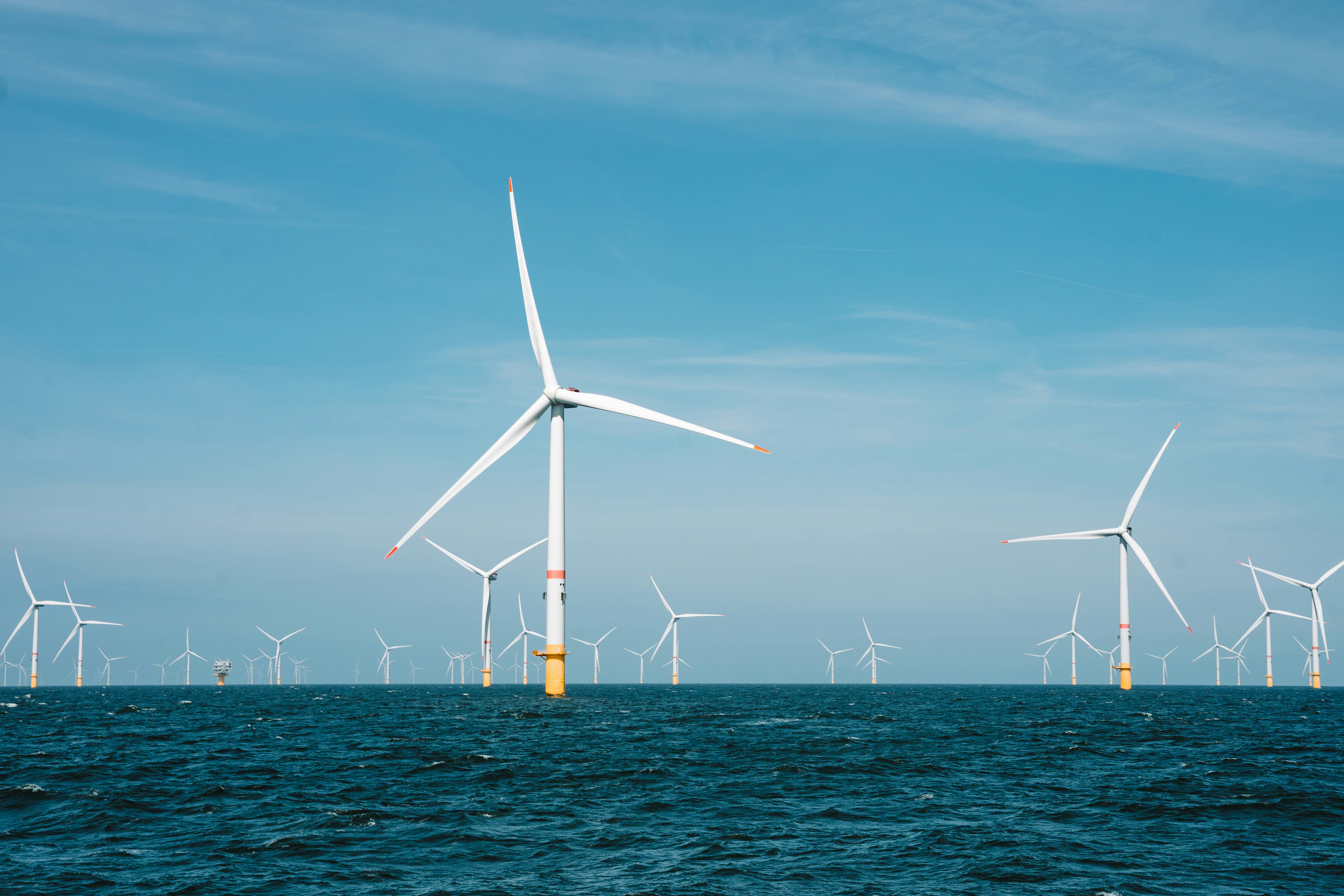
King Charles made a headline commitment to tackling the climate crisis and reaching Net Zero at the start of his speech, with bills on planning and energy featuring highly.
The Great British Energy Bill will set up Great British Energy, a publicly owned body that will receive £8.3 billion to own and operate clean energy assets and supply chains as well as stimulate private investment.
Supplementing this, the The Crown Estate Bill will reform the borrowing and investment powers of the Crown Estate to fund British infrastructure. Key here is the Crown Estate’s control of the seabed and role in boosting offshore wind energy, aiming to achieve Labours vision of the UK as a ‘clean energy superpower’ by quadrupling offer shore wind capacity by 2030.
Finally, provision is made to support sustainable aviation fuel (SAF) with the Sustainable Aviation Fuel (Revenue Support Mechanism) Bill, the bill recognises the rising emissions of the aviation sector and the need to boost domestic production to meet 10% SAF mandates for suppliers.
Why not join us for our 'EVs in 30 minutes' event with Toby Poston, Director of Corporate Affairs at BVRLA (British Vehicle Rental & Leasing Association) on Thu 25 Jul, 2.00pm, where we'll be talking about 'Driving adoption under a changing EV policy'. Find out more and register here.
Housing, planning and grid connection

Setting up Labour’s commitment to build 1.5 million homes over the next parliament is the Planning and Infrastructure Bill that will remove barriers to development and streamline the delivery process for critical infrastructure. The bill covers housing as well as energy, transport and other infrastructure projects.
Currently 85% of energy projects are struggling to connect to the national grid prior to the mid-2030s, holding up the UK’s clean energy development despite the fact that there are enough projects in the pipeline to power the nation by 2050.
Join us for our 'Economic policy in 30 minutes' event with Clare Hayward MBE DL, Chair of NP11 and Cheshire & Warrington LEP on Tue 30 Jul, 11.30am, where we will be discussing the 'Priorities for regional and national growth'. Find out more and register here.
Join the conversation
Join us for our 'Election Reflections in 30 minutes' events series, where we'll be engaging with key industry leaders on the UK's election outcomes, exploring developments across cities, infrastructure and transport.
The sessions will be short and impactful - providing you with timely insights on all the key issues in no longer than the time it takes to enjoy an extended coffee break.
